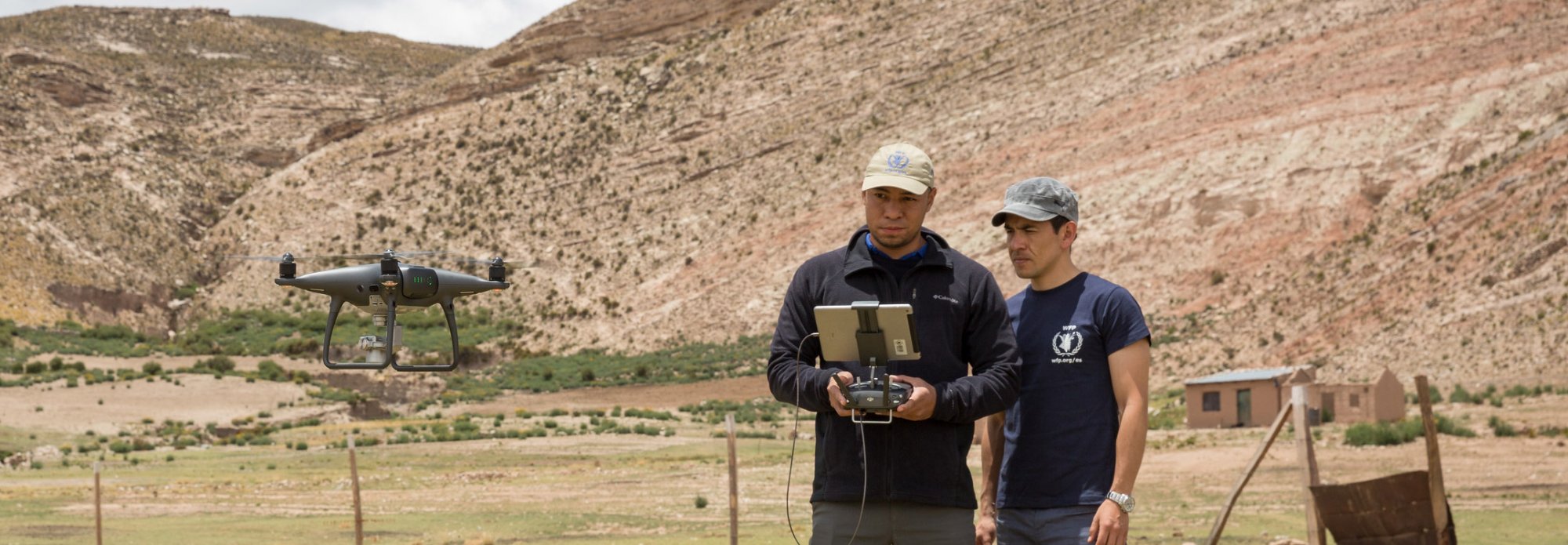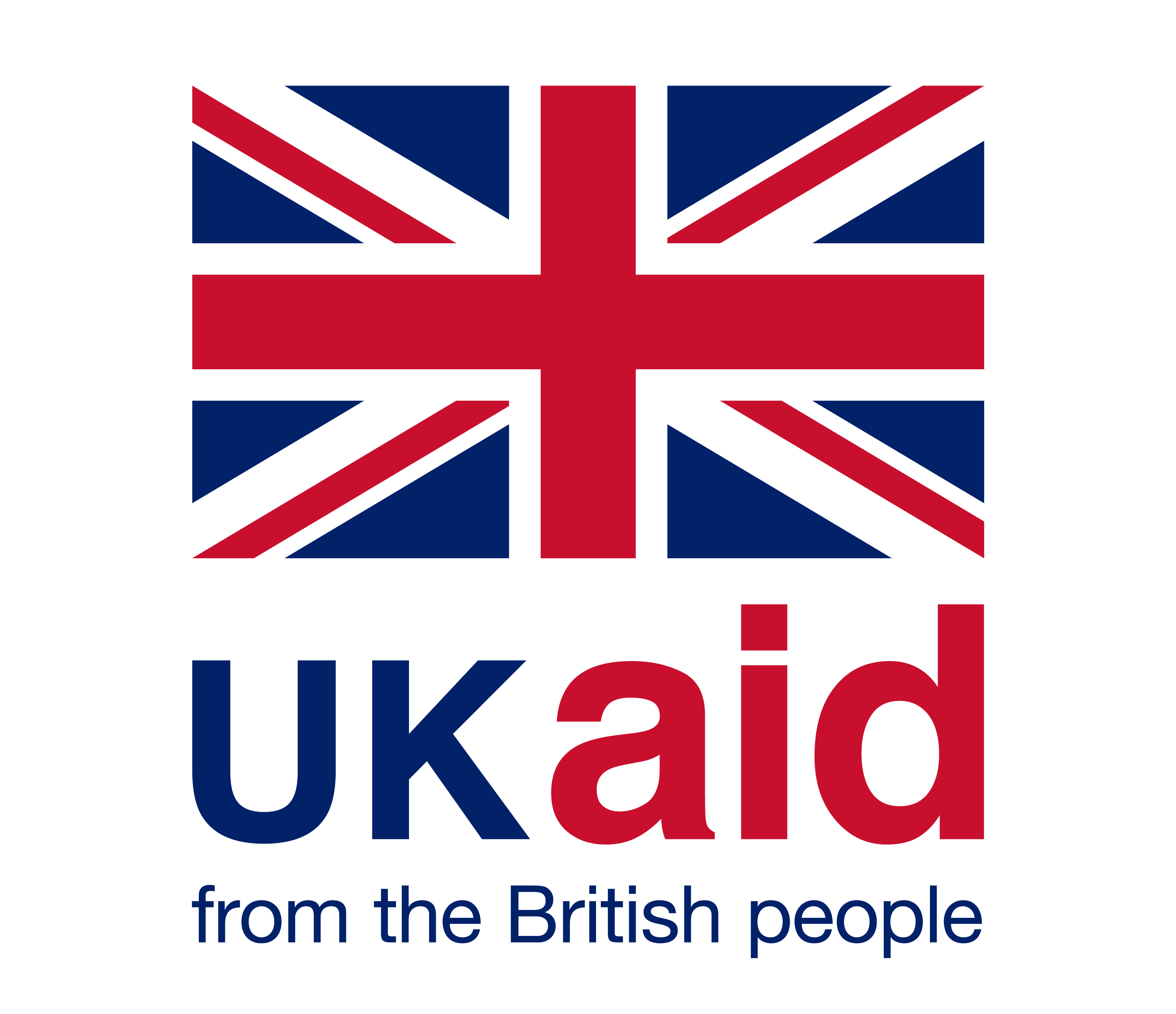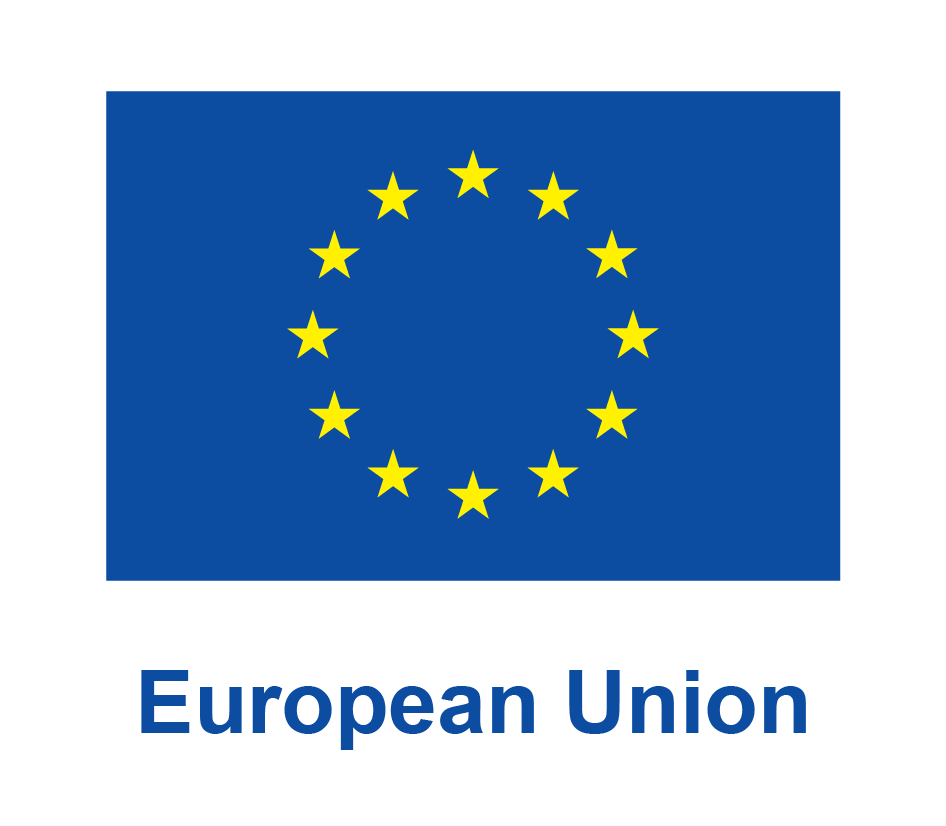The World Food Programme (WFP) is scaling technology and innovation as part of its strategy to end hunger by 2030. Looking up to the skies to improve its ability to prepare for and respond to humanitarian emergencies, WFP has been developing the use of unmanned aircraft systems (UAS), commonly known as drones, since 2017. Initially with support from the Government of Belgium, WFP developed a UAS coordination model, and in parallel, built local capacity to use drone technology in countries prone to natural disasters.
WFP is now focusing on three core activities related to drone technology with support from the United Kingdom’s Foreign, Commonwealth and Development Office Development (FCDO): develop a global level coordination cell, preposition equipment for humanitarian intervention and expand the TWGs to achieve tangible outcomes in 4 areas (Ethics, Regulations & Operations, Imagery and Connectivity).
At the same time and with support from the European Union Humanitarian Aid (ECHO), WFP has been carrying out other complementary activities such as building the capacity of the National Disaster Management Agency (INGD) in Mozambique to use drones effectively for emergency preparedness and response. The value of these activities was made clear when the INGD drone team was activated during cyclones Idai and Kenneth, while in November 2021 the team along with global experts and academia carried out the the first phase of a drone-based search and rescue activity.
WFP leverages decades of experience in Aviation, Logistics and Telecommunications to serve affected populations in over 80 countries each year. As part of the wider humanitarian drone community, WFP is well positioned to develop, coordinate and implement the standardized, safe and ethical use of drones for its own operations as well as those of its partners.





